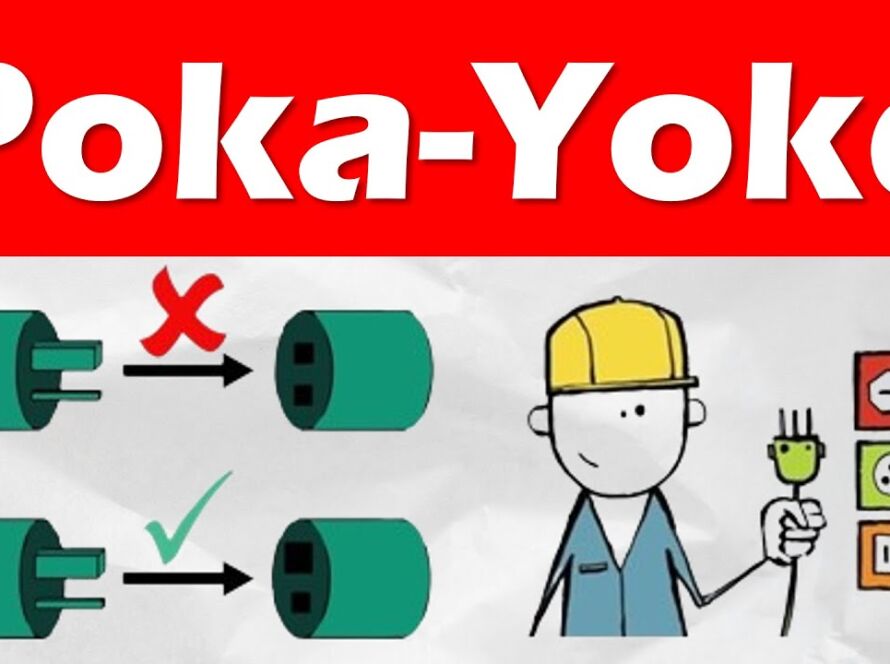Assessing Soft Skills During the Recruitment Process
In today’s competitive job market, recruiters and employers are not only looking for candidates with technical expertise but also those who possess strong soft skills. Soft skills, also known as interpersonal or people skills, are essential for success in any role and organization. They encompass traits like communication, teamwork, adaptability, problem-solving, and leadership. Assessing soft skills during the recruitment process is crucial for finding candidates who not only fit the job description but also align with the company’s culture and values. In this blog post, we will discuss the importance of assessing soft skills and provide some effective strategies for doing so.
The Significance of Soft Skills
- Adaptability: In today’s rapidly changing business environment, adaptability is crucial. Employees who can quickly pivot and embrace new challenges are invaluable assets to any organization.
- Communication: Effective communication is the cornerstone of successful teamwork and collaboration. Candidates with strong communication skills can convey ideas clearly, resolve conflicts, and foster positive relationships with colleagues and clients.
- Leadership: Strong leadership skills are essential for guiding teams and making critical decisions. Whether it’s leading a project or mentoring junior team members, leadership abilities are highly sought after.
- Problem-solving: Every workplace encounters problems and obstacles. Employees with strong problem-solving skills can analyze situations, identify solutions, and make informed decisions.
- Teamwork: Collaboration is often vital in achieving organizational goals. Employees who can work well in teams, respect diverse perspectives, and contribute positively to group dynamics are highly desirable.
Strategies for Assessing Soft Skills
- Behavioral Interviews: Conduct structured interviews that ask candidates to provide examples of how they have demonstrated specific soft skills in past roles. Ask probing questions to dig deeper into their experiences and assess their ability to apply these skills.
- Role-Play and Simulation: Create scenarios that mirror real workplace situations. Observe how candidates react, communicate, and collaborate in these scenarios to evaluate their adaptability, teamwork, and problem-solving abilities.
- Reference Checks: Speak with the candidate’s references to gain insights into their soft skills. Ask about their communication style, teamwork, and ability to handle challenges.
- Psychometric Assessments: Utilize psychometric tests and personality assessments to gauge soft skills. These assessments can provide objective data about a candidate’s traits and abilities.
- Group Interviews: Arrange group interviews or assessment centers where candidates participate in group activities or discussions. This allows you to observe their interpersonal skills, teamwork, and leadership potential.
- Resume and Cover Letter Analysis: Pay attention to the language candidates use in their resumes and cover letters. Look for evidence of soft skills such as leadership roles, teamwork, and problem-solving experiences.
- Situational Judgment Tests: Present candidates with hypothetical situations and ask how they would respond. This can reveal their problem-solving abilities, decision-making skills, and ethical judgment.
Conclusion
Assessing soft skills during the recruitment process is crucial for building a strong and cohesive workforce. While technical skills are important, it’s the combination of technical expertise and soft skills that leads to high-performing employees who can adapt to change, collaborate effectively, and drive the organization forward. By using a variety of assessment methods, including behavioral interviews, simulations, and psychometric assessments, recruiters can make more informed hiring decisions and ensure they select candidates who will thrive in their roles and contribute to the company’s success. In a competitive job market, the ability to evaluate soft skills can give your organization a significant advantage in finding and retaining top talent.


